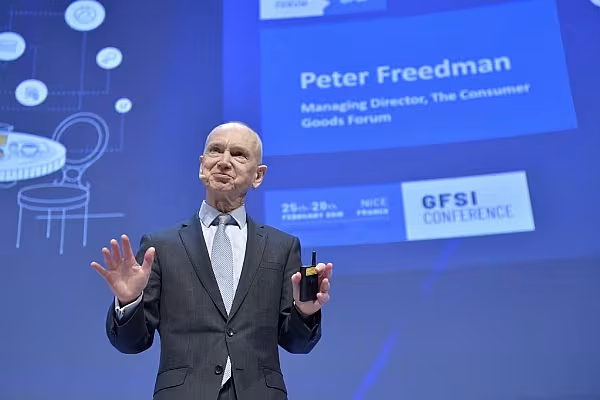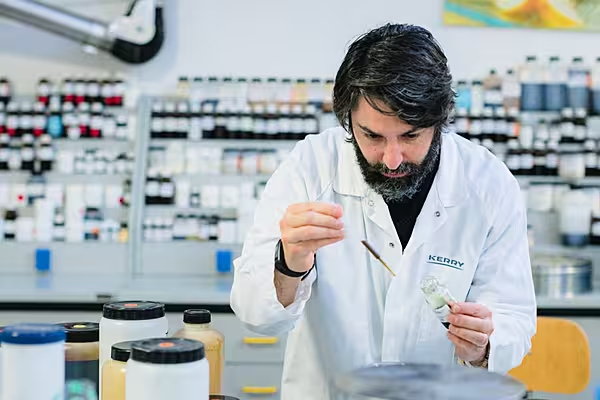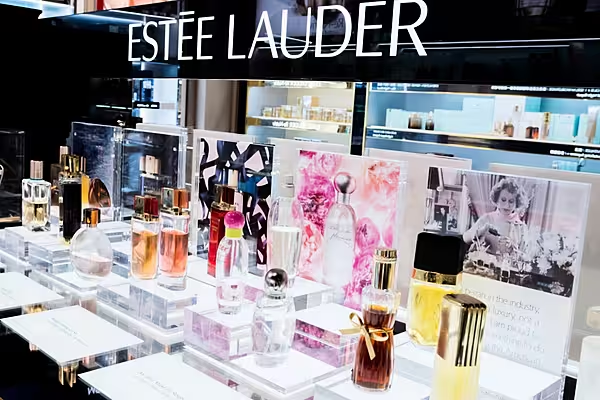The GFSI Conference, hosted by the Consumer Goods Forum, kicked off in Nice, France, yesterday (26 February), with more than 1,000 delegates in attendance – making it the biggest event GFSI has ever held in Europe.
Following last year’s event in Tokyo, GFSI Conference 2019 Committee Co-Chairs Pierre de Ginestel and Frédéric Rene promised to bring a ‘French accent’ to the Nice edition.
They held true to their word with a grand entrance in full Gallic costume, complete with berets and Breton shirts, while GFSI Director Véronique Discours-Buhot joined in a matching striped dress.
Together with Board of Directors Chair Mike Robach and Vice-Chairs Anita Scholte Op Reimer and Gillian Kelleher, the team introduced the mission and strategy of GFSI, with an update on recent comings and goings on the board.
Stakeholder Activities
The second half of the session yielded the stage to a series of panels made up of stakeholders involved in GFSI’s various global activities, including thought leadership, public-private partnerships and CPO harmonisation.
One key topic was the developing collaborative relationship between GFSI and CODEX, evinced by the recent creation of a CODEX committee as well as by the organisation’s participation in the session.
Optimism & Innovation in the Face of Change
Peter Freedman, Managing Director of The Consumer Goods Forum (CGF) opened the day’s first plenary with an introduction to the CGF, and its unique, CEO-focused approach towards building consumer trust.
His introduction worked well as a warm-up to Emmanuel Faber, CEO of Danone, a leader who has long placed food safety at the centre of his strategy.
Faber considered the ways the world has changed in the twenty years since GFSI began, with an emphasis on consumers’ growing desire for local products over anything ‘big and international’.
“GFSI is big and international,” he reminded the audience. “So if we want to stay relevant, we have to listen to these signals.”
The plenary’s subsequent speakers considered ways that various corners of the food industry might change to remain relevant.
Chris Elliott, professor and food fraud expert from Queens University, listed seven principles of food integrity that companies should consider as they adapt to a dynamic and volatile world.
Elsewhere, Jean-Pierre Cravedi, Research Director of the INRA, outlined obsolescences in classical toxicology and encouraged his colleagues to shift to newer, more effective methodologies.
Finally, Inno Watanabe, Deputy Director of Japan’s Ministry of Agriculture, Forestry and Fisheries (MAFF) explained one way his historically-conservative organisation is learning to adapt to new technologies. MAFF has fostered a public-private partnership programme called OpenLab that pairs regulators with innovators to develop a collaborative approach to food safety regulation.
Holistic Approach to Risk
The second plenary reminded delegates that established concerns are no less pressing than the emerging challenges at the centre of this year’s conference theme.
Dirk Van de Put, CEO of Mondelēz International opened the session with an intimate look into the food safety challenges that keep him awake at night.
His leadership position requires him to stay up-to-date on a broad swath of trends, from changing consumer habits to climate change and urbanisation, and the food safety challenges they create. In response to this barrage of changes, he avowed a dedication to transparency in the supply chain and a holistic approach to risk assessment and management.
Elke Anklam, Director at the European Commission Joint Research Centre, offered a perspective specifically concerned with the risk assessment and management techniques that Van de Put mentioned, and explained how her field is making this holistic approach more possible.
In addition, Pascale Hébel Director, Consumer and Business Department at CREDOC, turned the spotlight to the consumer — a category that includes all of us.
After explaining the disparity between consumer fears and real risk, she suggested that the food industry should respond to the younger generation’s growing interest in preserving both the environment and their own health.
Continuing the subject of health, Professor David Khayat, founder of France’s National Institute for Cancer, delineated the impact of food on chronic disease — a perennial challenge that remains relevant in the face of new, media-grabbing issues.
The evening closed with an official opening cocktail, a GFSI tradition that echoes the after-work apéritif ritual beloved across France. The apéritif — apéro for short — is known for forging social bonds, which are the true foundation of the GFSI Conference.
© 2019 European Supermarket Magazine – your source for the latest retail news. Click subscribe to sign up to ESM: The European Supermarket Magazine.














